44 private label mobile marketing
Private Labeling vs. White Labeling: What's the Difference? Private labeling is a practice where a manufacturer or brand sells its product exclusively to one retailer. The retailer can change the product in certain ways, such as by modifying the size or color. The retailers also typically handle all the marketing, publicity and branding of the product. Examples of private labels include: Private Label SMS Platform - Mobile Marketing as it should be, easy and ... AvidMobile offers a private label SMS platform for mobile website, smartphone app and text marketing campaign development. Learn more at . The term "SMS" refers to Short Messaging Service, which is a way of sending texts via mobile handset or specialized computer program.
What Are Private Label Products? Definition, Examples & More Private label products refer to the goods manufactured by one company but sold under the brand name of another company and that are subject to specific requirements of that brand. Private label products can be found in a wide range of industries, from food and beverage to cosmetics and cleaning products. Many retailers, including supermarkets ...
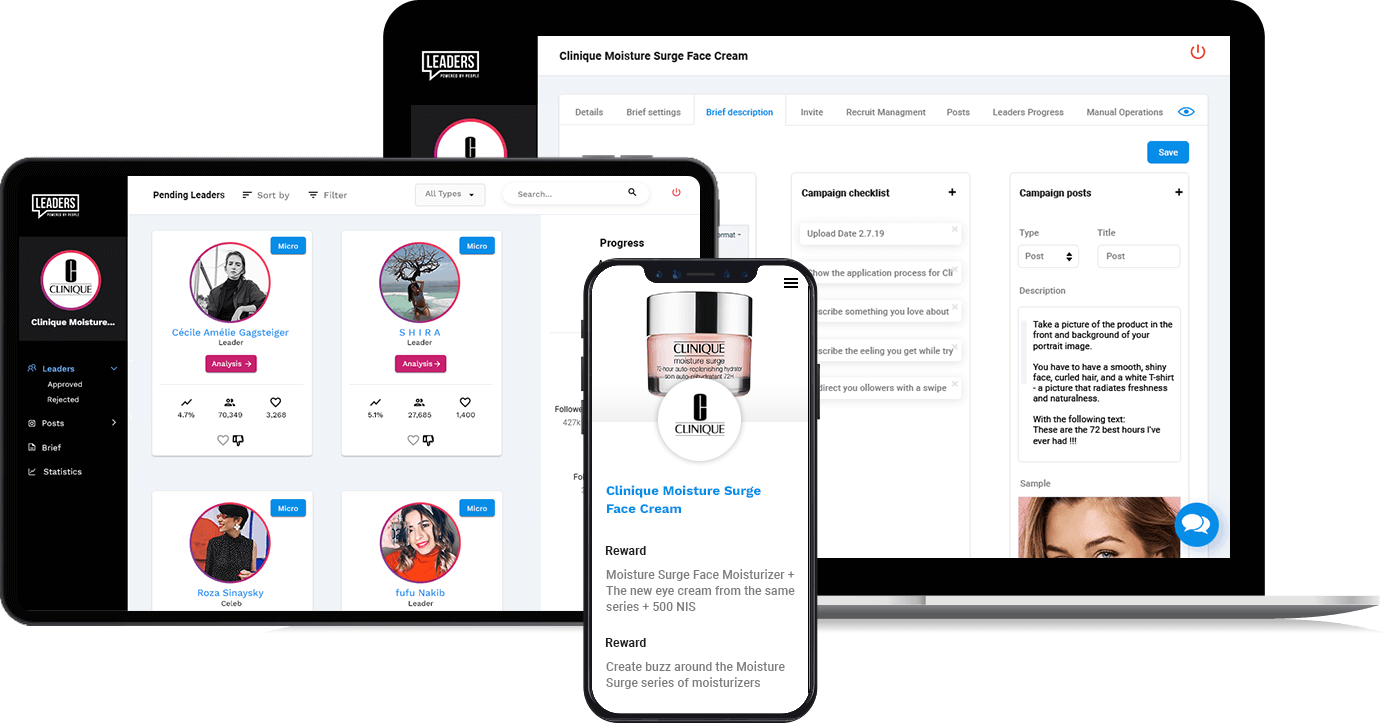
Private label mobile marketing
4 strategies to position your private label brand for success - Bazaarvoice To capture the full potential of private label brands, retailers need to position them as true consumer brands. You can do so by leveraging varying marketing strategies designed to drive trial, awareness, and brand loyalty. What is Private Label? - Influencer Marketing Hub Private labeling is a common practice among many retailers. Retail giants such as Costco and Target sell their own private label brands under the Kirkland and Archer Farms brands, respectively. It's not just the retail giants who are engaged in private labeling products either. What is Private Label? Private Label Definition - wix-encyclopedia What is a private label? Private labels, more colloquially known as "store brands," are the lines of products retailers create to sell in-house, often at a lower price point than well-known competitor brands. While the production itself is executed by an external manufacturer, all elements of the marketing are managed by the retailer. One of the most important branding decisions that has ...
Private label mobile marketing. Turning private labels into powerhouse brands - McKinsey & Company Although private labels have traditionally relied on price and shelf placement to drive purchase, leading retailers have recently been using cost-effective channels to communicate the story behind their store brands—for instance, how they source ingredients or where the products are made. 15 Best Private Label Products That You Can Sell in 2022 With private labeling, the products that you get are solely yours to manage. You can choose to brand them whichever way you like. Branding is a significant part of business development. This essentially means that you are in control of the brand voice and persona you establish for the brand. Private Labeling Cons Private Label is a Winning Strategy for Retail Success It is the necessary collaboration tool that gives retailers the ability to create products on trend that reflect their brand and reach their target market faster. Private label is a secret weapon for an increasing amount of retailers today. To use it right and maximize its potential, CGS BlueCherry PLM can help you as it has done with many ... What is a Private Label? Understanding the Basics definition ... Private labelling is a popular business model, particularly common in Europe. In fact, the private label makes up around 20-50% of supermarket sales in Europe, and approximately 19.5% of all retail sales in the US.
What Is a Private Label? (With Advantages and Disadvantages) Private labelling is a technique business owners adopt to offer lower prices and increase sales. Business owners usually adopt the private label strategy as customers generally prefer to buy private label products because of the lower sale price. When a business owner privately labels their goods, customers refer to it as a store brand instead ... Private Label : Definition, Example, Pros & Cons | Retail Dogma Private label is a concept in retailing, where a retailer contracts a third-party manufacturer to manufacture their products under certain specifications, and under a brand name that belongs to the retailer. A lot of retailers who sell multi-branded products in their store sometimes opt to private label part of their product offering to realize ... Private Brand: Also Known as Store Brand, Meaning and Examples Private Brand: A brand placed on products that a large manufacturer has created for a smaller retailer. The smaller retailer places their own private brand label on the final good which was ... Private Label Branding (With Definition, Examples and Steps) Private label branding is a practice retailers use to have their brand name appear on products a contractor or third-party manufacturer makes. The private label aspect means that even though one company manufactured the product, another company can use its brand name on the label.
PRIVATE LABEL ANDROID DEVICES - Social Mobile Why Private Label? As businesses transition into a mobile-first world, they run into difficulty sourcing the proper devices. Throughout history, organizations have had to purchase consumer devices (like the cell phone in your pocket) & figure out how to make them work to support their needs. Top 15 Private Label Products to Sell - Website Builder Expert Private label products are often the perfect middle ground for ecommerce merchants who are looking for a more personalized and less-generic option than dropshipping, but who don't want to spend time and money manufacturing products themselves. Private labeling is when a manufacturer creates products to be branded and sold by another company. Private-Label Marketing: Definition, How to Start a Private Label The private-label owner independently shapes the product, including the quality of components, the product appearance, and packaging, and oversees its own way of private-label marketing. Quite often, private-label products are compared to OEM or original equipment manufacturer products. Although in both cases the product is produced by a third ... How To Find Private Label Products and Start Selling (2023) - Shopify Private labeling has a number of advantages that span beyond simplifying the product development process. Some of those advantages include: Control over production. You direct third-party manufacturers in terms of materials and ingredients, quality, and production rate. Control over pricing.
What is Private Labeling: A Complete Guide - Alibaba Blog A private label product is manufactured by a contractor or third-party manufacturer and sold under a brand's name. Investing in private label goods means having complete control over ingredients, components, features, packaging, the label, and the price point.
U.S. private label market - statistics & facts | Statista Lacking the marketing cost component typical of the branded industry, they provide a low-cost but often similar quality alternative to regional, national or international brands. In 2021, the ...
What is Private Label? Private Label Definition - wix-encyclopedia What is a private label? Private labels, more colloquially known as "store brands," are the lines of products retailers create to sell in-house, often at a lower price point than well-known competitor brands. While the production itself is executed by an external manufacturer, all elements of the marketing are managed by the retailer. One of the most important branding decisions that has ...
What is Private Label? - Influencer Marketing Hub Private labeling is a common practice among many retailers. Retail giants such as Costco and Target sell their own private label brands under the Kirkland and Archer Farms brands, respectively. It's not just the retail giants who are engaged in private labeling products either.
4 strategies to position your private label brand for success - Bazaarvoice To capture the full potential of private label brands, retailers need to position them as true consumer brands. You can do so by leveraging varying marketing strategies designed to drive trial, awareness, and brand loyalty.
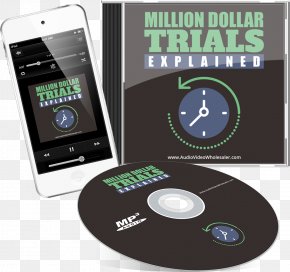


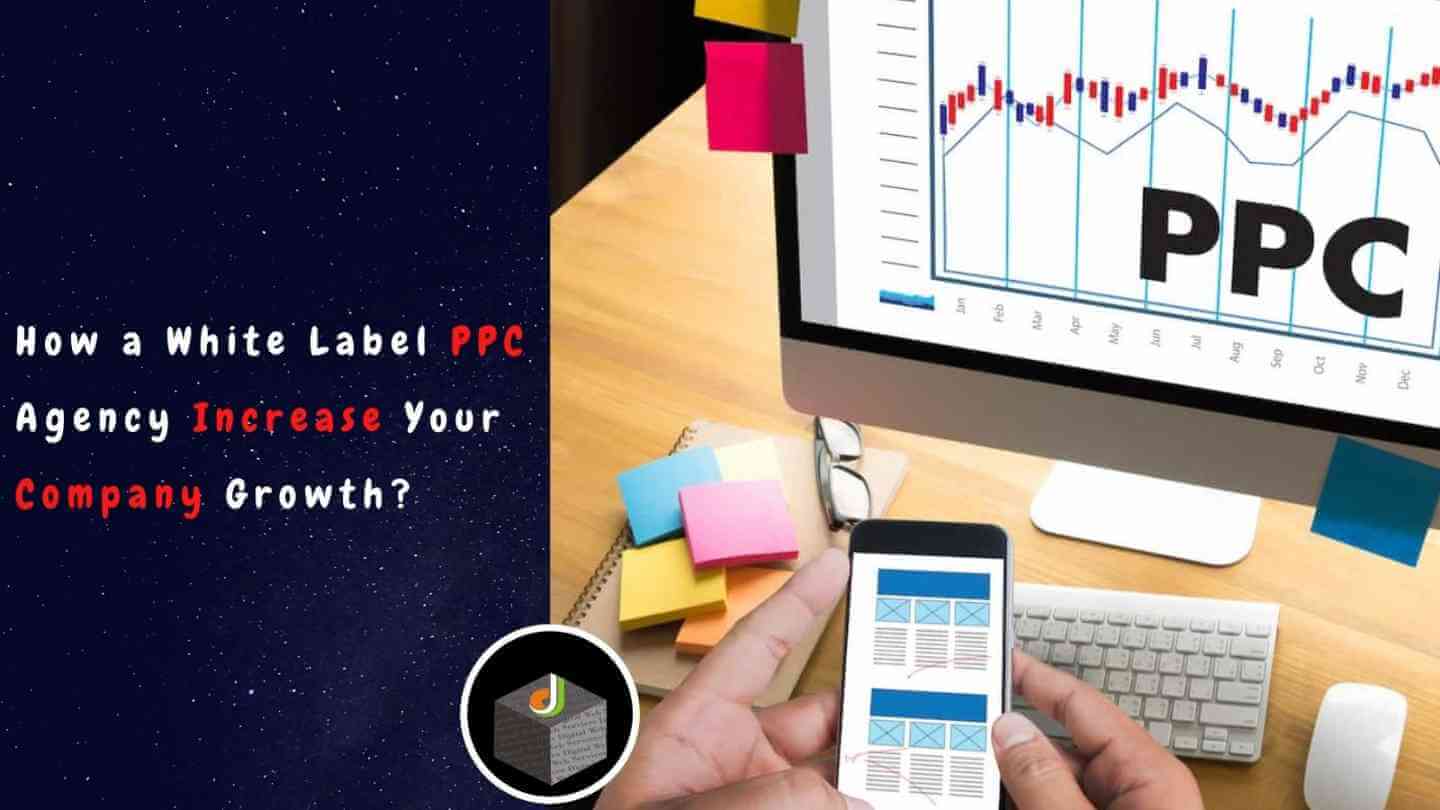
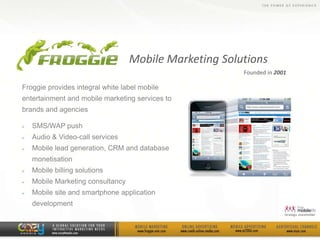





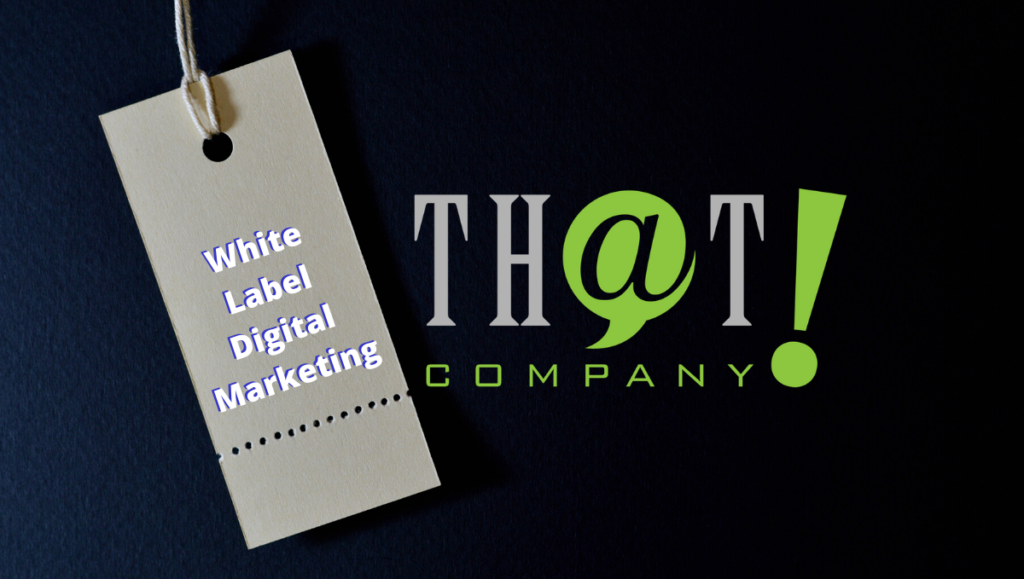
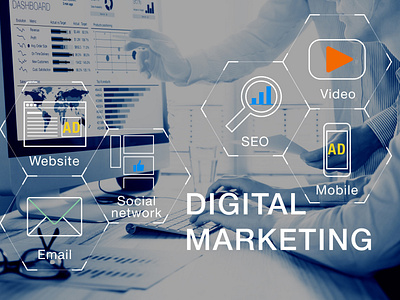
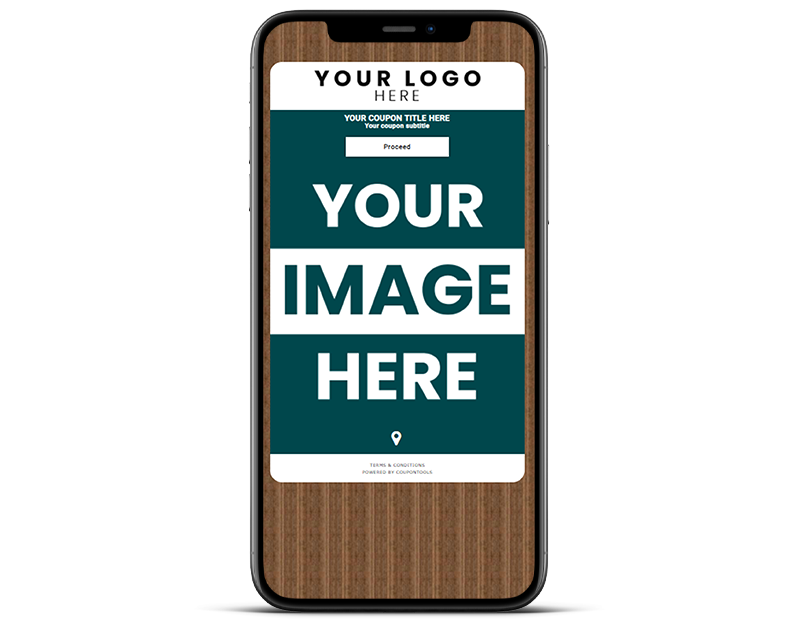




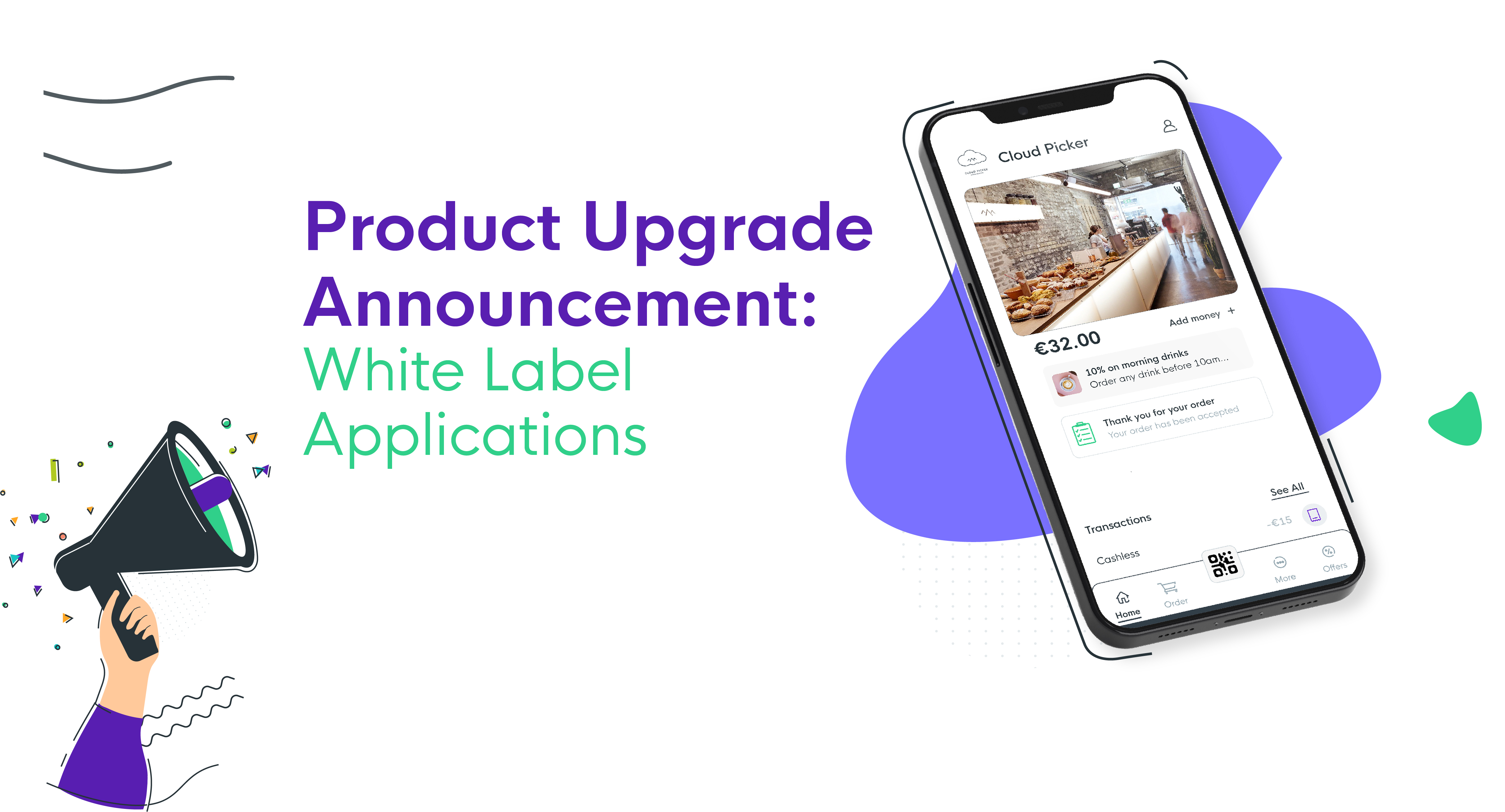







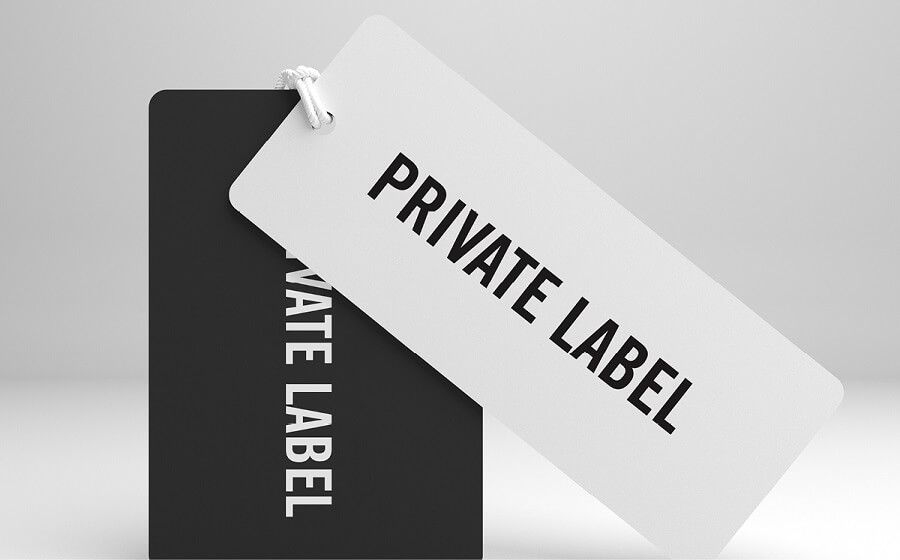


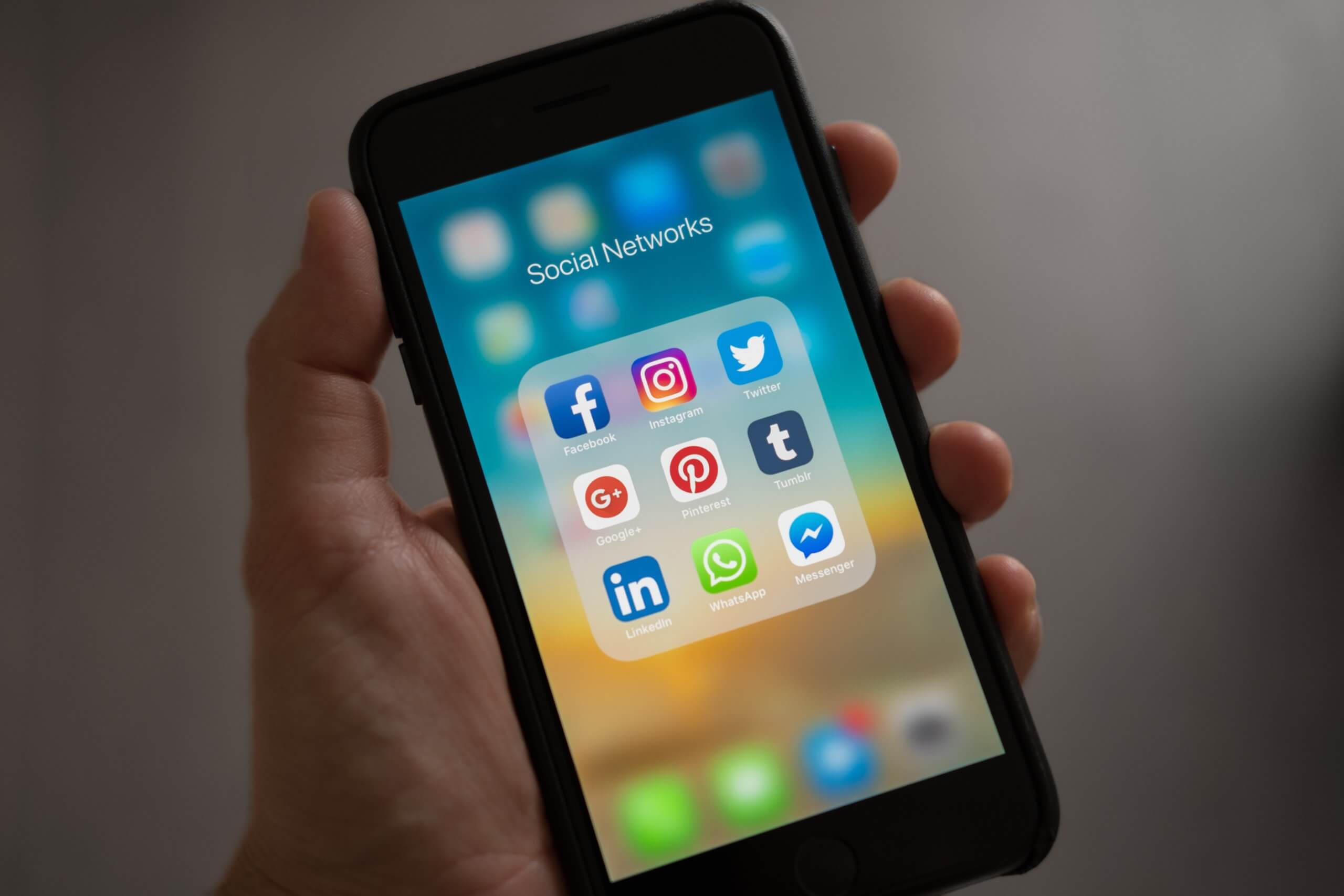




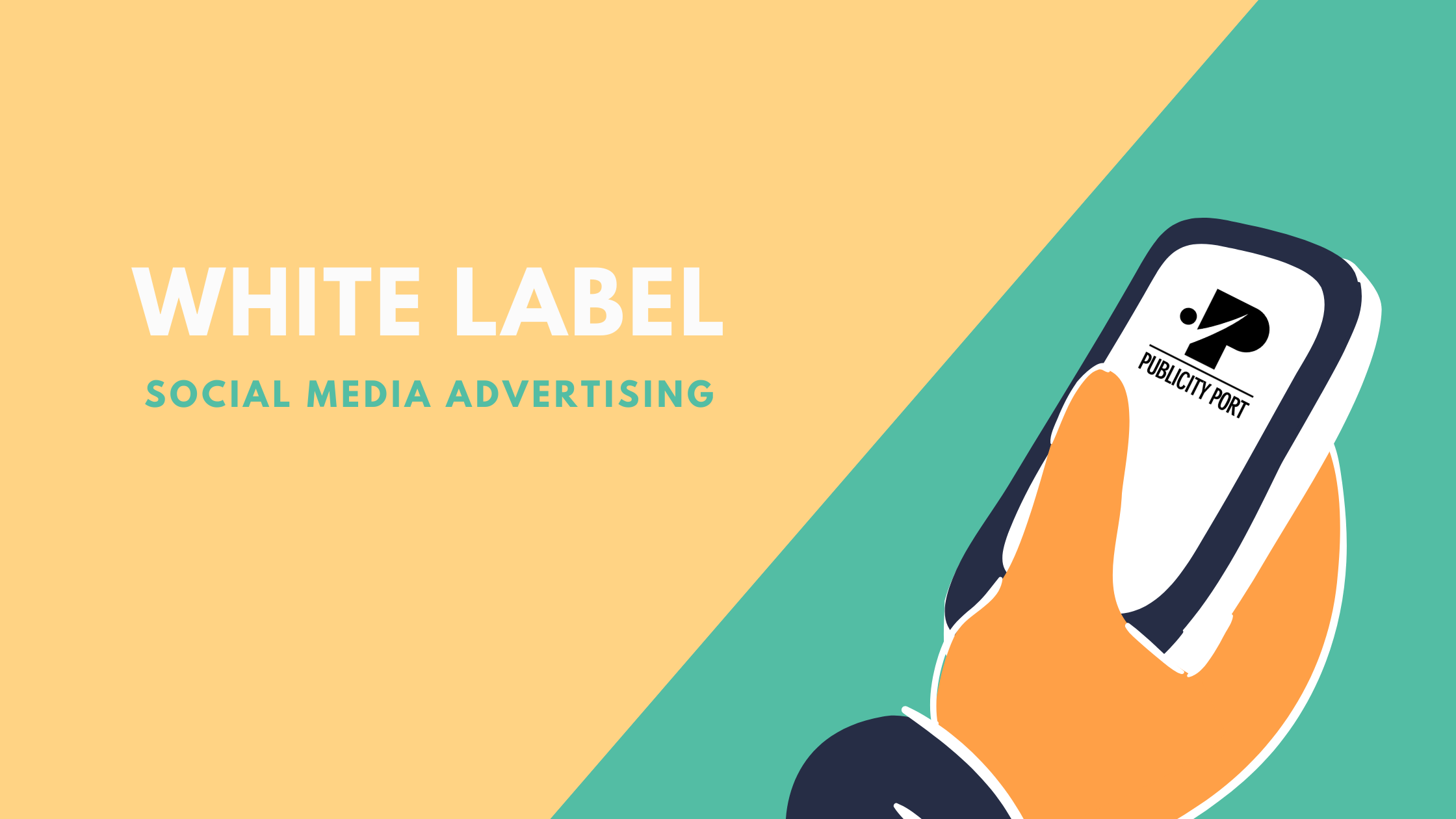
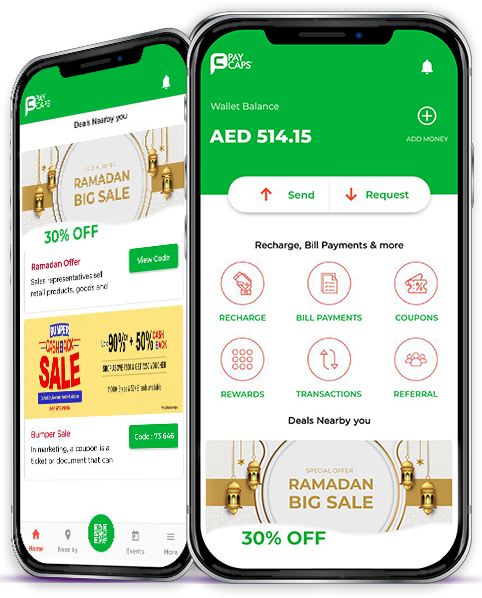


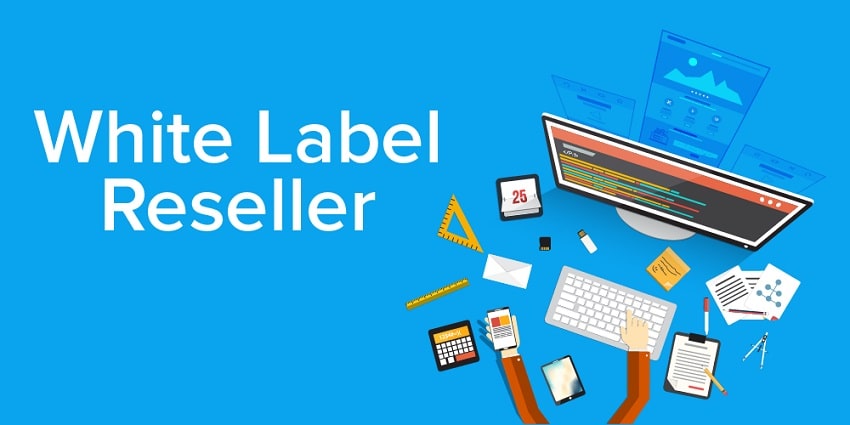
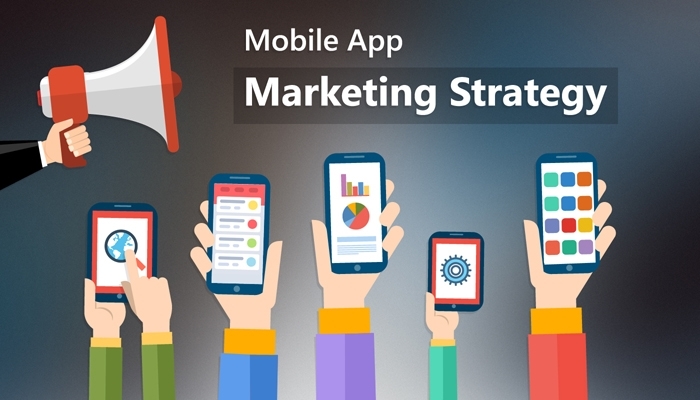
Komentar
Posting Komentar